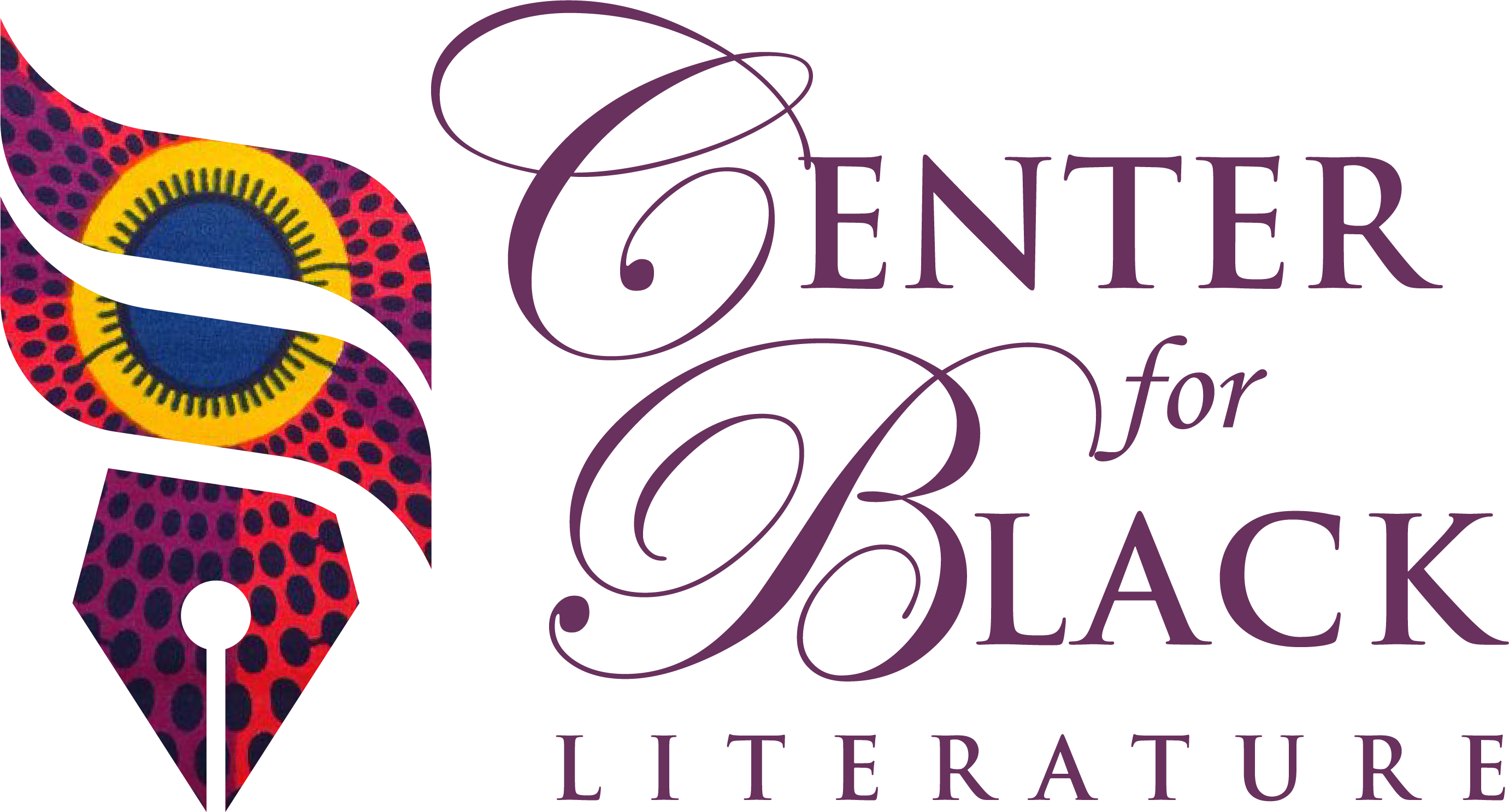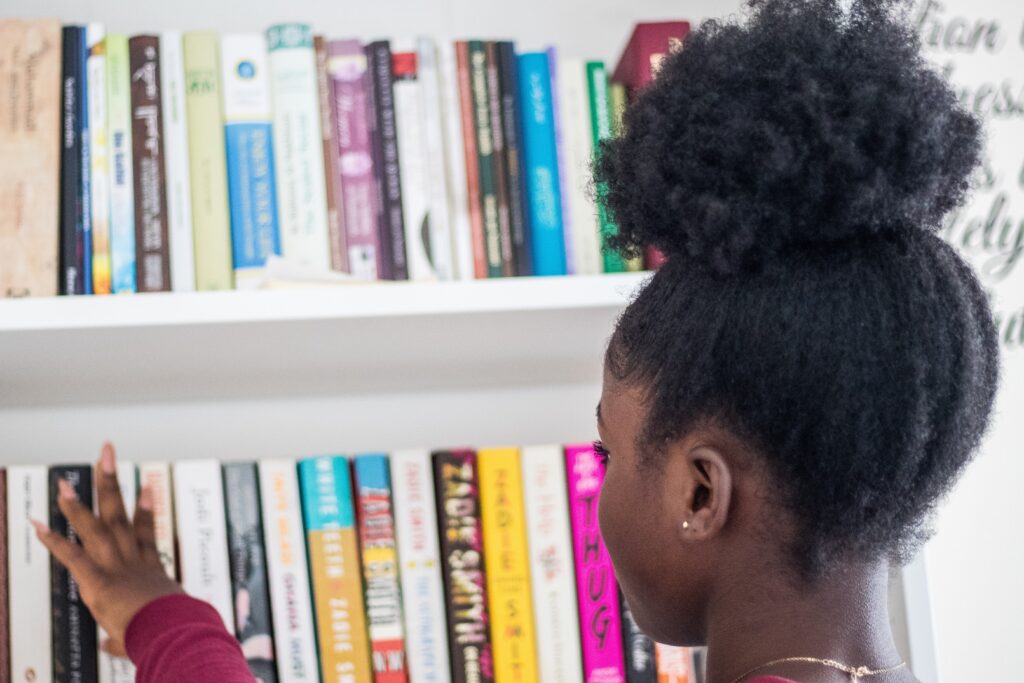By Cassidy Ridgeway | In today’s ever-changing times, Black literature is a necessity for Black children and youth because it provides them with opportunities to increase their understanding of the world, sparks their inventiveness, and more importantly, allows them to feel seen and have a sense of belonging in the world. For decades, Black children and youth have been exposed to books that either overlook them altogether or barely acknowledge them. It is important for authors to create books that allow Black youth to feel included, which is essential to their development and growth.
In a country and society where Black people are set up to feel as though they are lesser than, unequal, singled out, the only one in the room, and not good enough, it is essential to have literature that not only emphasizes but engrains positivity, hope, and a feeling of connectedness.
Hair Love by Matthew A. Cherry, I Am Enough by Grace Byers, and Hair Like Mine by LaTashia M. Perry are significant children’s books that support the normalization of Black hair in a society that stigmatizes it. They enable and encourage self-affirmation and celebrate the beauty that is Black hair and Black children. These works of children’s literature written by Black authors are significant in creating a world that instils acceptance, promotes self-love, and offers the ability to be you and to be loved.
In addition to the necessity of Black literature that centers on identity and self-confidence, there is a need for books that focus on Black joy, Black happy homes, and Black success. There must be an establishment in the minds of these young children that they can be successful, happy, and have joy in their lives. This literature should show Black children and youth that there is more to their representation in books than just being the token Black character such as the Black best friend, comedic relief, the “gangster” or “criminal,” or the person whose sole purpose is assisting the white protagonist. Having more access to Black literature by Black authors creates a better life experience for Black children. It is critical that Black children who read feel noticed, appreciated, accepted, and loved.

